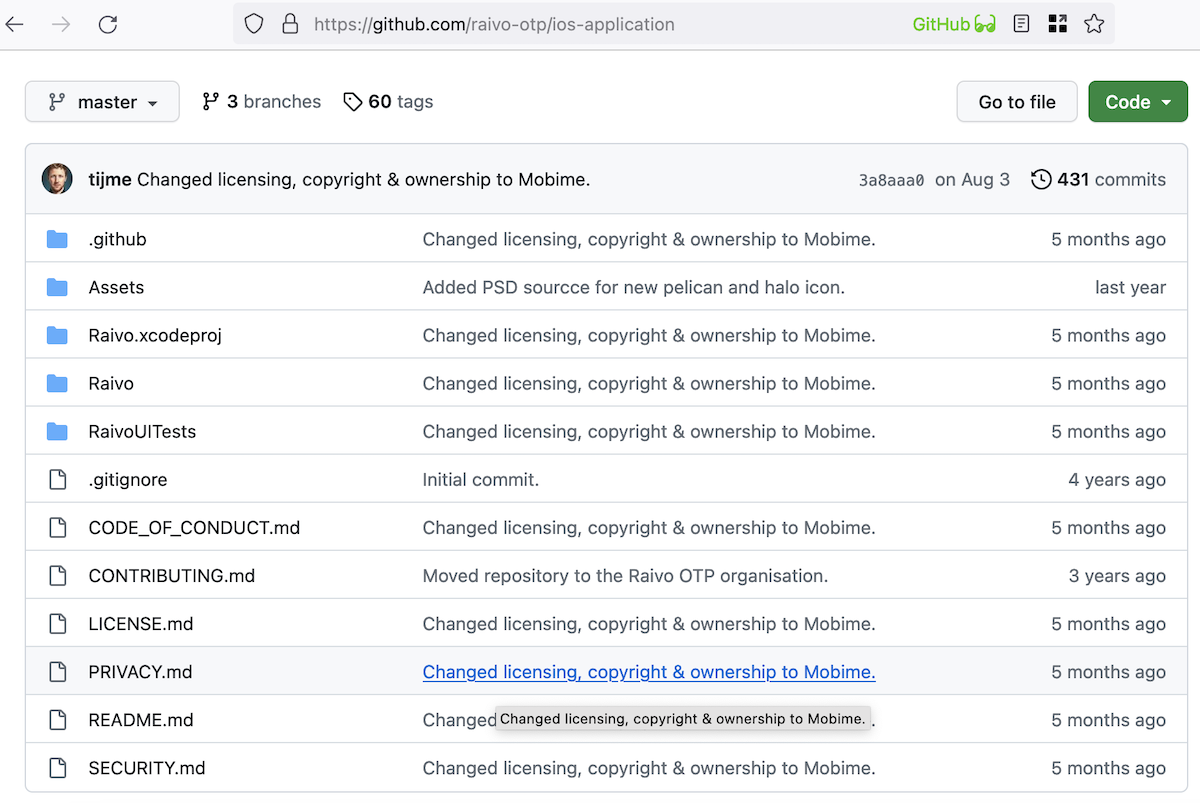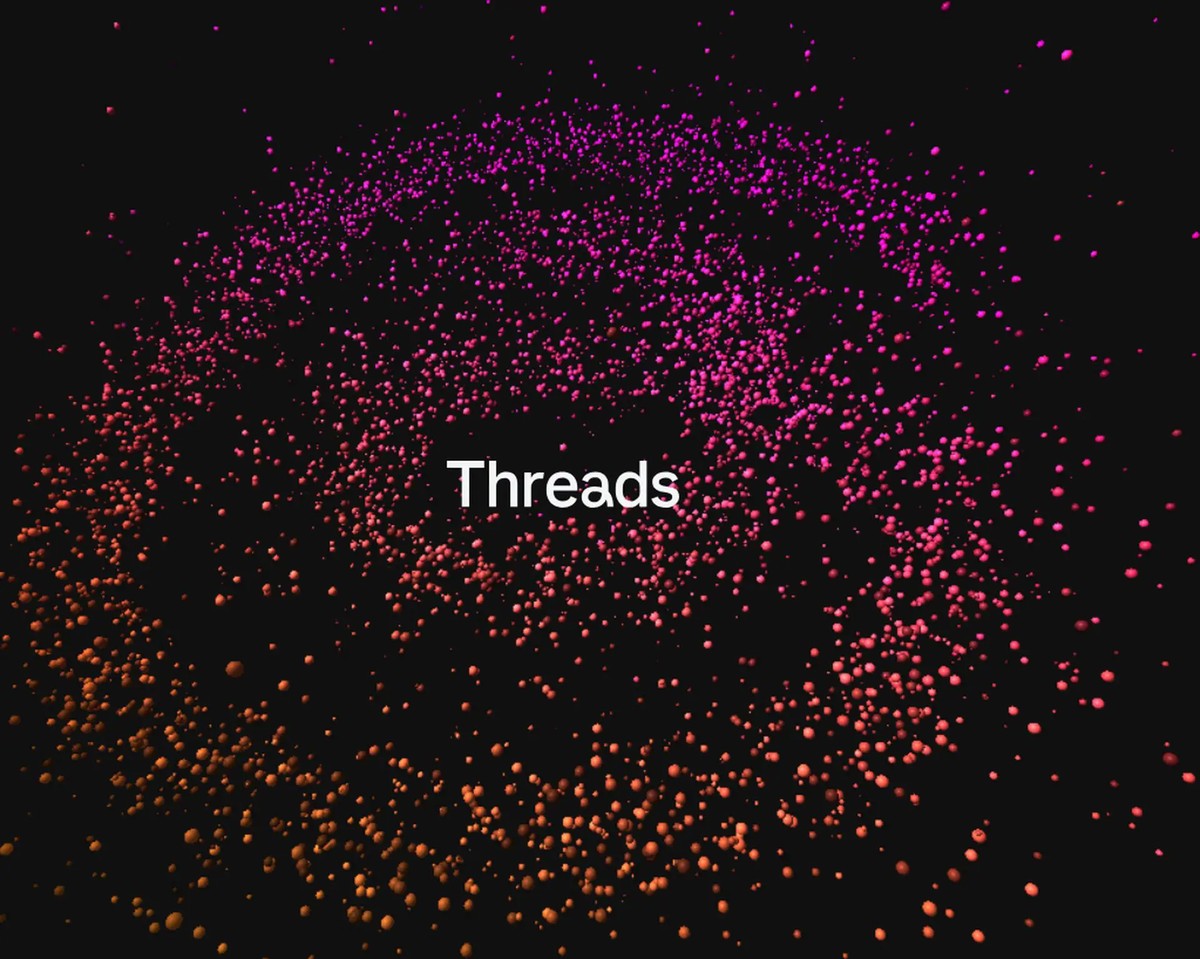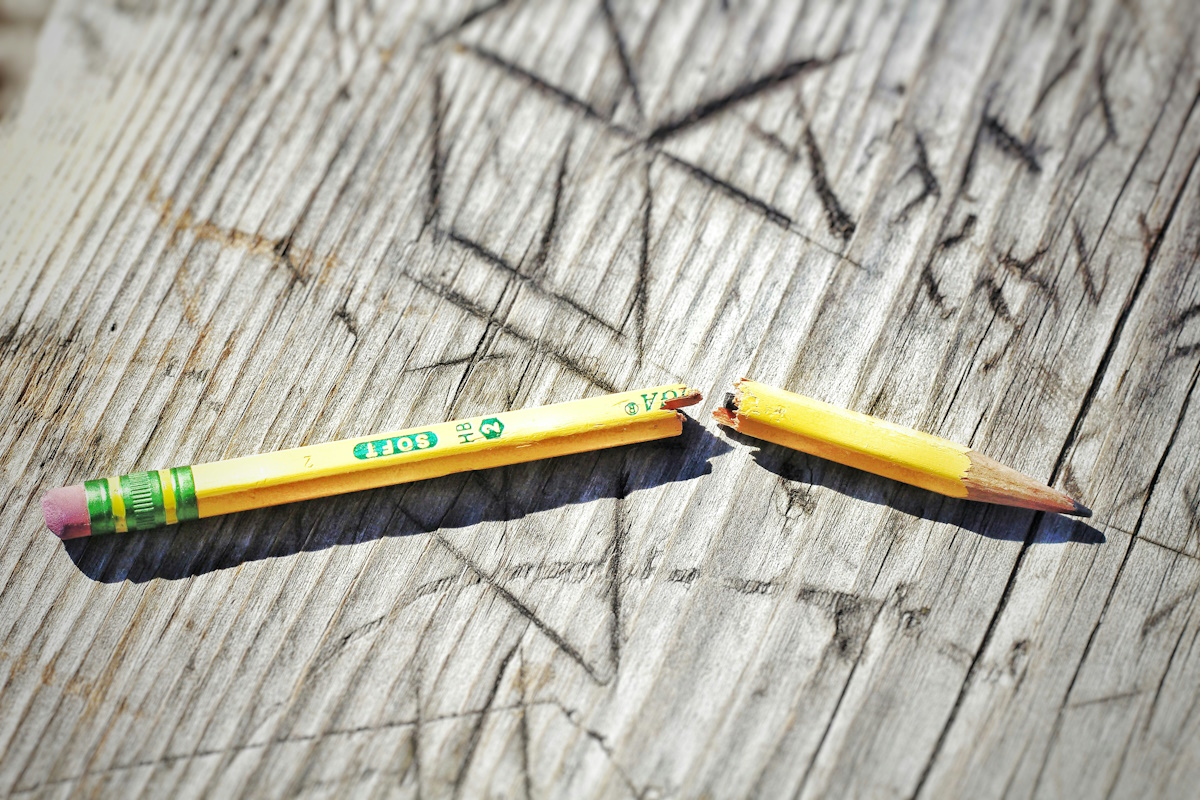OpenAI couldn't "classify" enough

Due to poor accuracy, OpenAI discontinued a tool that was designed to distinguish between human and artificial writing. OpenAI announced their decision to discontinue its AI classifier as of July 20th in a blog post. The business stated, "We are working to incorporate feedback and are currently researching more useful provenance techniques for text."
As it discontinues the tool to identify text produced by AI, OpenAI stated that it intends to "develop and deploy mechanisms that enable users to understand if audio or visual content is AI-generated." However, it is unknown what such processes might be at this time.
"We are working to incorporate feedback and are currently researching more effective provenance techniques for text, and have made a commitment to develop and deploy mechanisms that enable users to understand if audio or visual content is AI-generated," OpenAI said.

Classifier was never accurate enough
OpenAI openly acknowledged that the classifier had never been very effective at identifying AI-generated material and cautioned that it might produce false positives or human-written language that was mistakenly classified as AI-generated. Before adding the update that disabled the program, OpenAI stated that the classifier could improve with more data.
Although it appears logical, the hypothesis that AI-generated text has some distinguishing trait or pattern that can be consistently detected has not truly been supported in practice up to this point. Although some generated text may have a clear tell, it is very impossible to rely on those tells due to the disparities across major language models and the speed at which they have evolved.
Musk wants you to trust xAI more than OpenAI and Google
The AI Classifier, according to OpenAI, has some limitations, such as being unreliable on text with fewer than 1,000 characters, mislabeling material created by humans as having been written by AI, and performing badly outside of its training data.
Education is one industry that is particularly interested in appropriately identifying AI. Educators have raised concerns about pupils using ChatGPT to create essays ever since the chatbot's November introduction.
"We recognize that identifying AI-written text has been an important point of discussion among educators, and equally important is recognizing the limits and impacts of AI-generated text classifiers in the classroom," the company said.
Advertisement



















